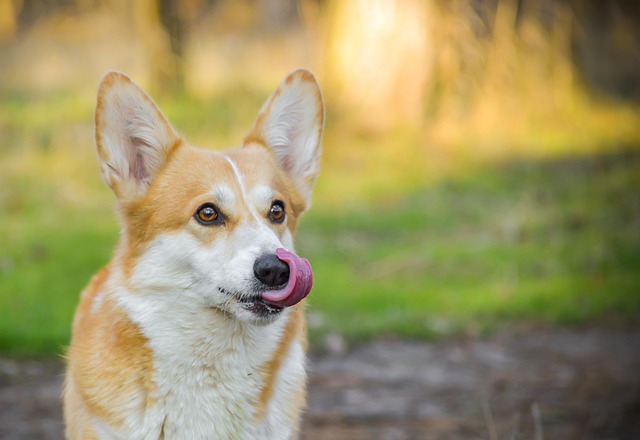
How can I tell if my dog's heatstroke is serious
Let’s be real: It’s a sticky August morning in Los Angeles, and you took your 2-year-old Golden Retriever, Max, for a walk a little later than usual
Noticing your dog asking to go outside every hour, even through the rain or cold? That sudden shift in bathroom habits can throw off your daily routine, but it might not just be a phase. Sometimes, the culprit is sitting right in their food bowl or that treat bag you keep on the counter.
High-sodium snacks are a common offender. Those store-bought jerky strips or cheese cubes you toss as rewards? Many are packed with salt to boost flavor, and too much can make your dog drink more water than usual. All that extra fluid has to go somewhere, leading to more trips to the yard—or worse, accidents on the living room rug.
Canned foods with added broth or gravy might taste great to your pup, but they’re often loaded with moisture. Think of it like eating a bowl of soup versus a dry sandwich; the wetter the meal, the more your dog’s body has to process and eliminate. This isn’t always bad, but if you’ve recently switched to a canned diet and noticed more potty breaks, there’s a good chance they’re connected.
 Fruits like watermelon and cucumbers, while healthy in small doses, are mostly water. Spoiling your dog with a few slices on a hot day is fine, but overdoing it can turn their bladder into a ticking clock. The same goes for dog treats made with these ingredients—check the label, because even “natural” options can add up.
Fruits like watermelon and cucumbers, while healthy in small doses, are mostly water. Spoiling your dog with a few slices on a hot day is fine, but overdoing it can turn their bladder into a ticking clock. The same goes for dog treats made with these ingredients—check the label, because even “natural” options can add up.
Dairy products are another tricky category. Some dogs love a spoonful of yogurt, but many can’t digest lactose well. This intolerance doesn’t just cause upset tummies; it can also lead to increased water intake as their bodies try to flush out the irritation, resulting in more frequent urination.
It’s important to remember that sudden changes in bathroom habits could signal bigger issues, like kidney problems or diabetes. In many European countries and North American states, animal welfare laws stress the importance of addressing health changes promptly. Ignoring frequent urination might not just harm your dog—it could mean missing a sign that needs veterinary attention, which is required by law in some regions if neglect is suspected.
If you suspect food is the issue, try keeping a log of what you’re feeding. Note portions, treats, and any table scraps (though those are often high in salt or spices, another trigger). Compare it to their potty schedule—you might spot a pattern. And when in doubt, loop in your vet. They can rule out medical causes and help you adjust your dog’s diet safely, keeping both of you happy and compliant.

Let’s be real: It’s a sticky August morning in Los Angeles, and you took your 2-year-old Golden Retriever, Max, for a walk a little later than usual

You're enjoying a summer afternoon at the park when you notice your dog has stopped panting and appears disoriented - their gums are bright red

Let’s paint the picture: You’re in your Denver apartment, watching your 4-year-old Boston Terrier, Ruby, plop down mid-play session with her favorite toy

Many dog owners notice their pets nails seem shorter after regular walks,but how much does this daily activity actually help?The answer depends on where you walk—concrete sidewalks or asphalt streets gently file nails as a dog's paws hit the ground

Most dog owners notice their pup scooting across the carpet at some point, but few connect it to impacted anal glands. These small sacs near a dog’s rectum secrete a scent for marking territory

Most vets agree that regular dog teeth cleaning is key to avoiding painful dental issues later. For healthy adult dogs, a professional cleaning at the vet’s office every 12 to 18 months usually works well.